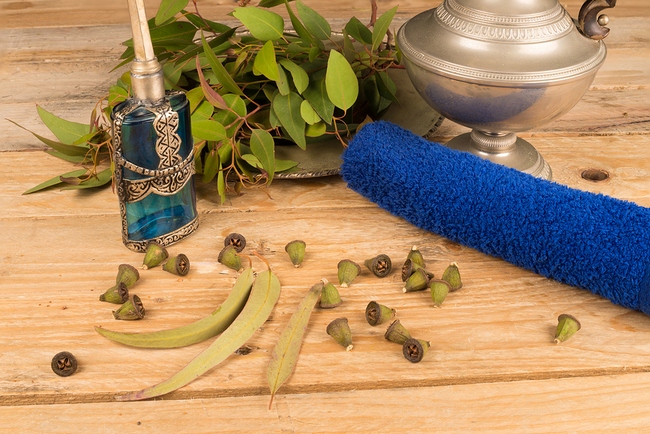- Make It Yourself Lavender Heart-Shaped Bath Bombs!
- 20 Things You Never Knew About “Down There”
- 12 Best Foods For Those Suffering From Arthritis Pain
- 12 Personal Hygiene Mistakes Almost Everyone Makes (Mom Never Told You About #4!)
- 15 Medicinal Plants And Herbs From The Cherokee People
- 12 Mind-Blowing Benefits Of Drinking Coconut Water During Pregnancy
- 12 Outstanding Winter Foods That Won’t Fatten You Up Like A Christmas Turkey
The Truth about Essential Oils No One Wants to Tell You

Photo credit: bigstock.com
2. Essential Oils Cannot Kill Superbugs
This is a lie. The mainstream medical industry would like you to believe this so you go to them for antibiotics.
Bacteria have proven to be quite crafty little creatures. They can mutate to make different strains, some of which are called “superbugs” because they have adapted to and are no longer affected by most modern-day antibiotics. .
First of all, there have been hundreds of clinical studies showing that essential oils kill bacteria just as effectively as antibiotics (some better than others, of course). What you won’t hear mainstream media tell you is that essential oils never created a superbug. This is something antibiotics cannot claim. They also won’t tell you that bacteria never build up a resistance to essential oils. In fact, essential oils can kill superbugs when antibiotics cannot.
One Georgetown University study found that oregano oil kills germs just as well as most antibiotics, and it killed drug-resistant strains of staphylococcus, which are now extremely difficult to treat using our normal range of antibiotics.
Another study, presented at the Society for General Microbiology Meeting in Edinburgh, showed that thyme and cinnamon essential oil were very effective at fighting bacteria, including Salmonella and E. Coli.
How can essential oils work when antibiotics don’t? It’s because essential oils can penetrate the cell wall, and kill viruses and bacteria. Antibiotics only work outside the cell wall. One drop of essential oil can open a receptor site inside our bodies and communicate with our DNA to alter our cellular function. This is something antibiotics cannot do.
































